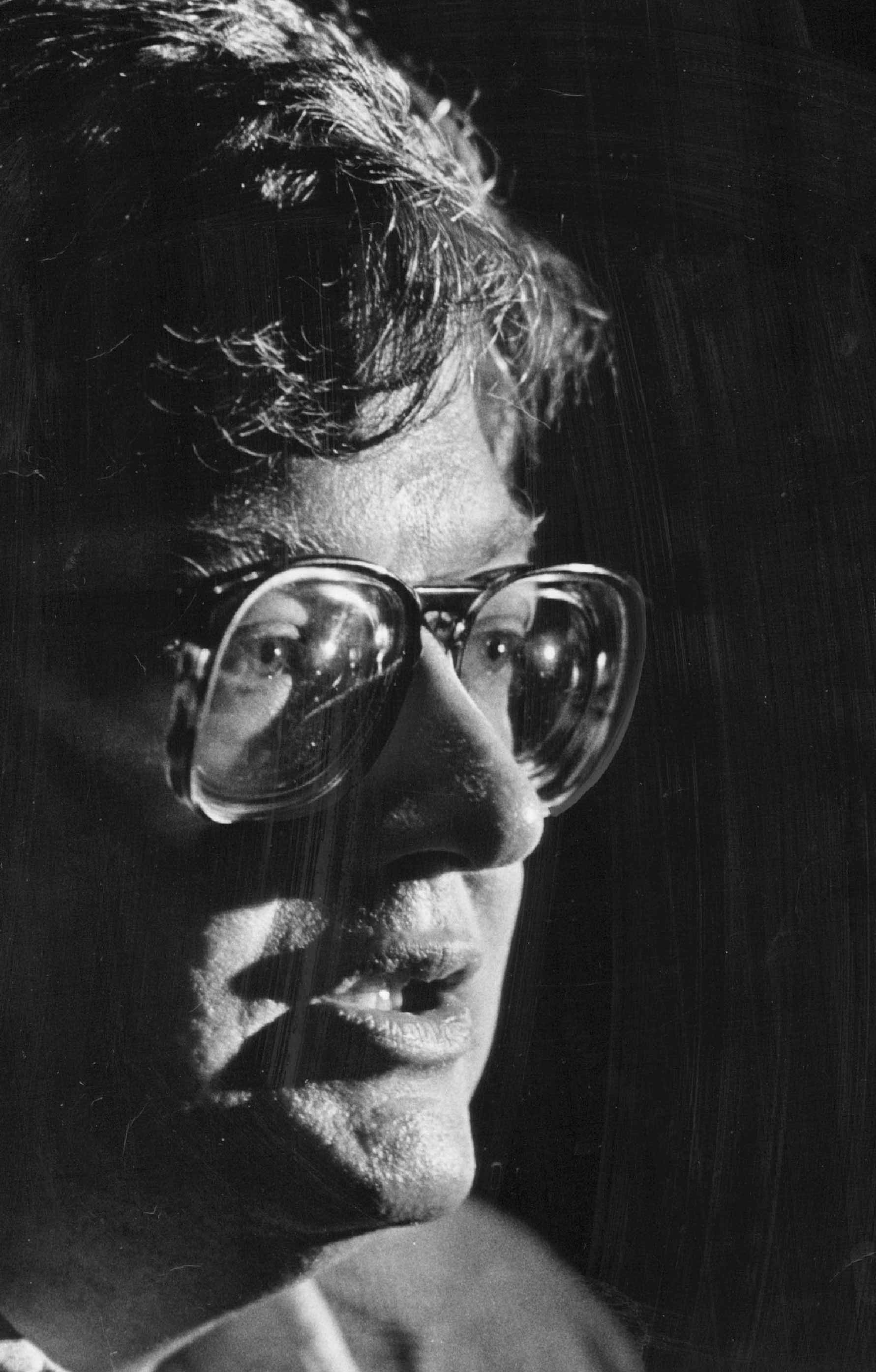
He didn’t plan it this way, but Roger Ebert’s life contained as much melodrama, tragedy and uplift as any weepie movie he reviewed. As a film critic and TV host, Ebert was probably America’s most famous journalist. And in his last seven years, as he battled cancer of the thyroid and salivary glands and lost his lower jaw, depriving this nonstop raconteur of his preternatural gift of gab, he found a more eloquent voice on his computer. In brilliant blog posts and his 2011 memoir Life Itself, he chronicled his brave, dogged fight against an awful fate. He died April 4, 2013, at 70.
The book’s title, a twist on Franklin Roosevelt’s “fear itself” speech–as in, we have nothing to live but life itself–is equally apt for Steve James’ new documentary. It traces Ebert’s career from his grade-school days (when he wrote, published and delivered his own neighborhood paper) to his early renown as a Pulitzer-winning reviewer at the Chicago Sun-Times–his home for 46 years–and how he changed from a heavy drinker to an ex-drinker by joining AA in 1979.
James, whose pearly résumé includes Hoop Dreams and The Interrupters, inevitably focuses on Ebert’s grueling, inspiring cancer battle. He filmed in the final months of Roger’s life and at the funeral.
As a friend of Ebert’s since the ’70s and one of James’ interview subjects, I must excuse myself from reviewing the film. I’ll just say that any biographical documentary demands onscreen star quality–the compelling appeal of the movie’s subject–and this one has a hero and a heroine worth rooting for: Roger, energized and liberated by his siege, and his wife Chaz Hammelsmith, who in their 23 years together gave Roger nothing less than life itself.
Ebert’s chief sparring partner was Gene Siskel, with whom he fronted the TV review show variously called Sneak Previews and Siskel & Ebert & the Movies for 23 years, until Siskel’s 1999 death at 53 from a brain tumor. In a love-hate relationship with little love, the Ebert-Siskel banter would flourish into rancor between Ebert and his pugnacious colleague. “He’s an asshole,” Siskel’s widow Marlene Iglitzen recalls Gene saying, “but he’s my asshole.” Yet this odd-couple pairing of the bad guy and the fat guy, with its thumbs-up or -down reviews, helped democratize serious criticism by spotlighting indie films for the mass TV audience–as directors Martin Scorsese, Errol Morris and Werner Herzog gratefully attest in James’ movie.
Early in the filming, Roger, “speaking” through a computer voice, tells James, “I’ll do the jokes here” and directs the director to “shoot yourself in the mirror.” Toward the end, his reserves failing, Roger must reply to James’ request for still more quotes with a feeble “I can’t. Cheers. R.”
The next planned surgery, in early 2013, would be one too many for Roger. Chaz says he told her, “I’ve had a beautiful life, and death is a part of life. And I’m ready to go, and you must let me go.” This strong woman finally acceded to her stalwart man’s wishes. “Something came over me,” she tells James. “Roger calls it a wind of peace.” She played a Dave Brubeck number; music filled the room, and all those present held hands. “I have never seen anything so beautiful and so serene,” Chaz recalls. “He looked young, he looked happy–and those warm hands …”
Roger Ebert’s hands were busy all his life: applauding a favorite film or signaling a thumbs-up and, ceaselessly, writing brisk, wise, passionate journalism about cinema. The first line of his memoir is “I was born inside the movie of my life.” In his last years he became the writer, director, hero, victim and critic of a poignant movie story: his journey to death in the company of his beloved Chaz. It’s a thrilling tale with unforgettable characters. What a shame Roger isn’t here to review it.
More Must-Reads from TIME
- Donald Trump Is TIME's 2024 Person of the Year
- Why We Chose Trump as Person of the Year
- Is Intermittent Fasting Good or Bad for You?
- The 100 Must-Read Books of 2024
- The 20 Best Christmas TV Episodes
- Column: If Optimism Feels Ridiculous Now, Try Hope
- The Future of Climate Action Is Trade Policy
- Merle Bombardieri Is Helping People Make the Baby Decision
Contact us at letters@time.com